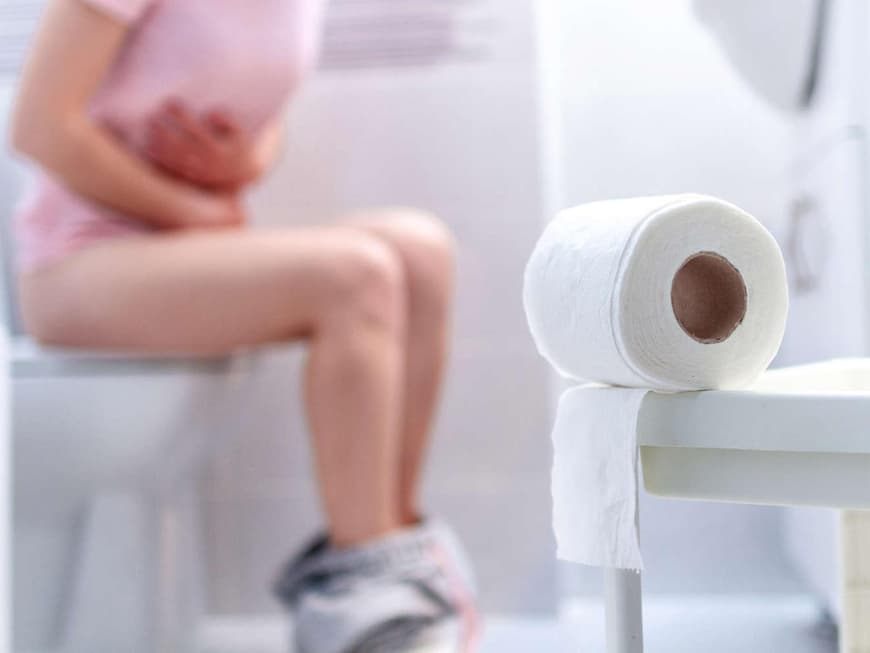
Bowel movements are not always the same
If your bowel movement looks a little different today than it did yesterday, this is completely normal. After all, you eat something different every day, so your digestion works accordingly. Medication such as antibiotics or charcoal tablets also have an influence on stool color and consistency. So even soft stools need not worry you immediately.
Sticky stools: why you should get to the bottom of it
However, caution is advised if the stool is sticky and greasy or even greasy and foamy, as this could be a problem with the digestion of fat or so-called fatty stools. This in turn can have various causes:
- An inflammation of the pancreas
- Gallstones
- Gluten intolerance
- Diet: A high-fat diet can lead to sticky stools. It is possible that too much fat remains in the stool and makes it sticky
- Malabsorption of nutrients: In addition to fat, other nutrients in the digestive system may also be poorly absorbed, which can lead to changes in the stool
If it is actually a fatty stool, also known as steatorrhea or pancreatic stool, then the stool contains a particularly high amount of fat, which explains the greasy consistency and fatty sheen. Another sign is the color, which can be yellowish or ocher, and the smell is usually foul. In addition, the discomfort is often accompanied by symptoms such as abdominal pain, bloating, diarrhea and/or flatulence.
If the sticky stool persists over a longer period of time, you should take a sample to your GP. It is important to rule out illnesses or treat them accordingly.
